Scientists have identified key biomarkers linked to immune and metabolic dysfunction in people with HIV on long-term antiretroviral therapy.
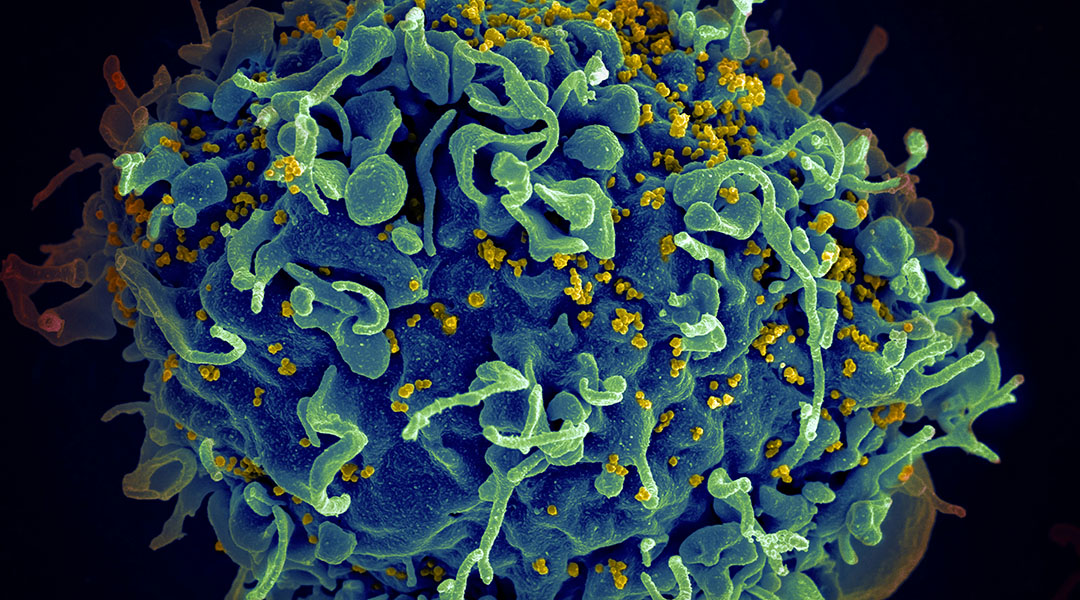


Scientists have identified key biomarkers linked to immune and metabolic dysfunction in people with HIV on long-term antiretroviral therapy.

Microplastics facilitate a “super slime” that is resistant to antibiotics, sparking concern about antibiotic resistance in heavily polluted areas.
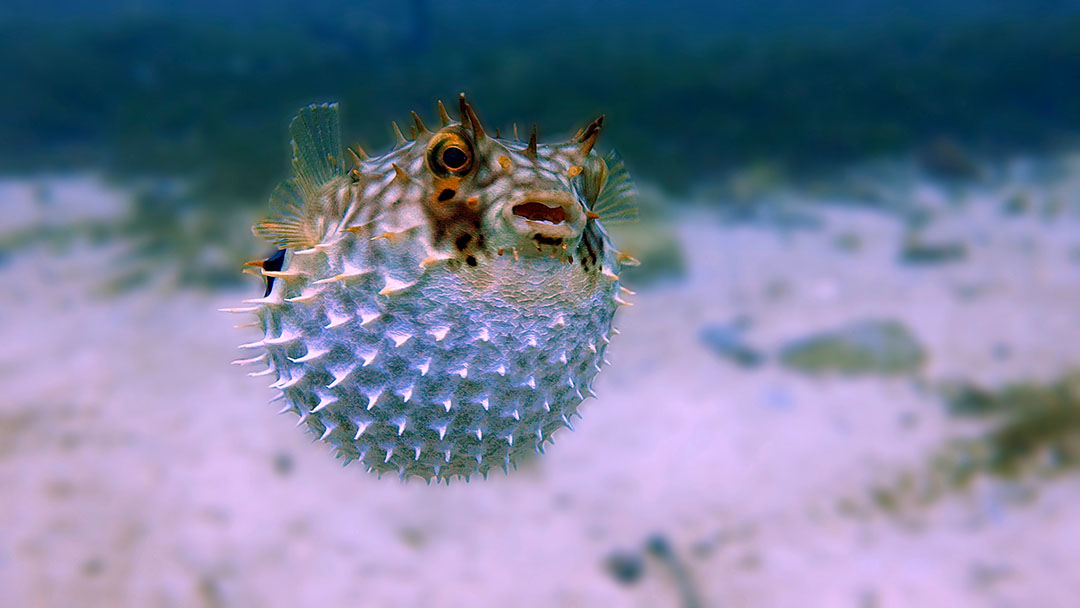
Scientists have developed a marker pen to deliver tetrodotoxin, a powerful neurotoxin found in pufferfish, to treat severe skin pain.

Study finds that speaking multiple languages may improve executive functioning and reduce autism symptoms in children.

Inhaled xenon gas reduced neuroinflammation, brain atrophy, and boosted protective neurons in mouse models of Alzheimer’s.

The rapid growth of AI brings hope of unprecedented advancements in many sectors but what is its real carbon footprint?
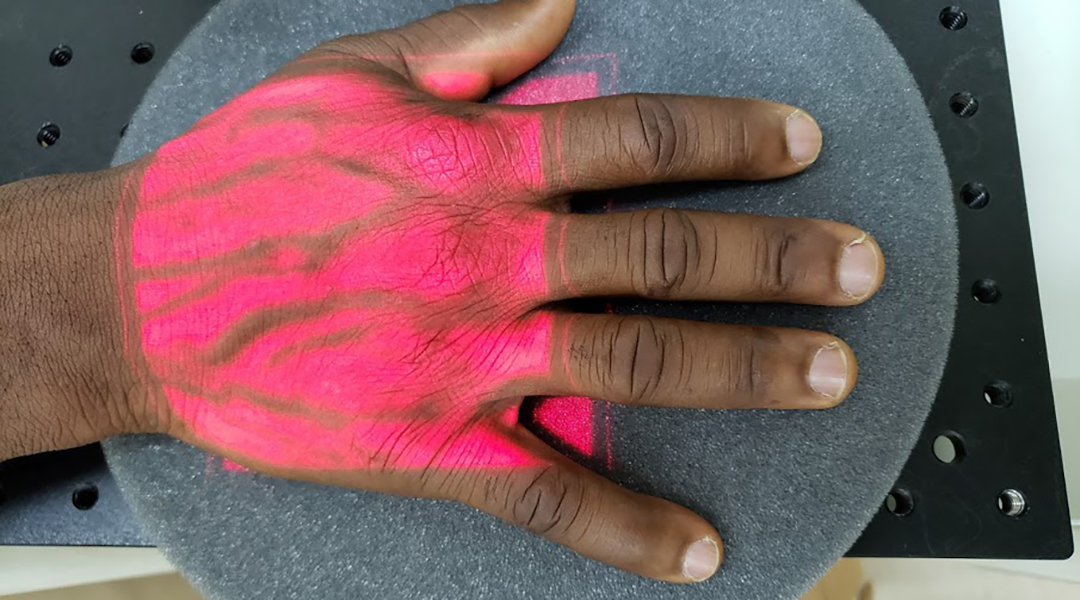
A non-invasive test uses a combination of lasers and ultrasound to detect red blood cells infected with malaria parasites with acoustics.
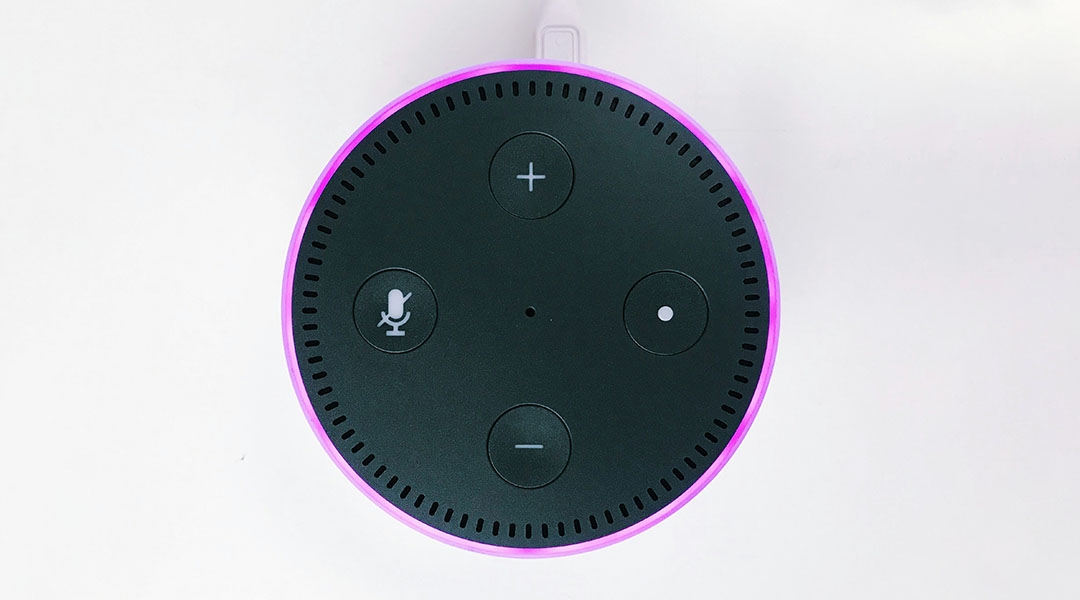
Scientists explored whether evidence backs up the growing belief that voice assistants like Alexa can alleviate loneliness, especially in the elderly.
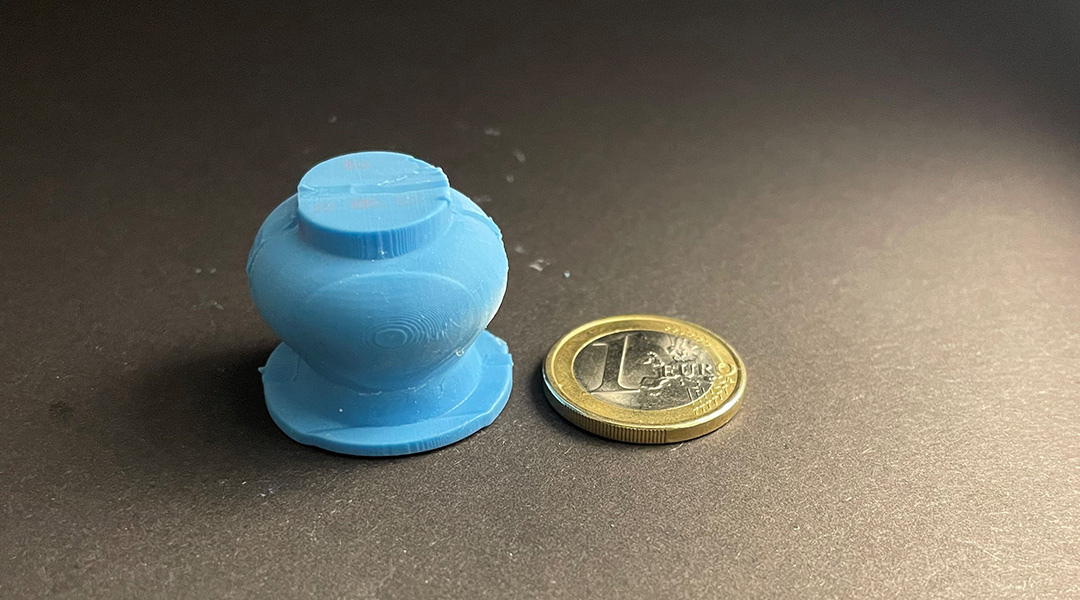
Collecting blood in a painless and minimally-invasive way may soon be possible with this prototype suction cup device.
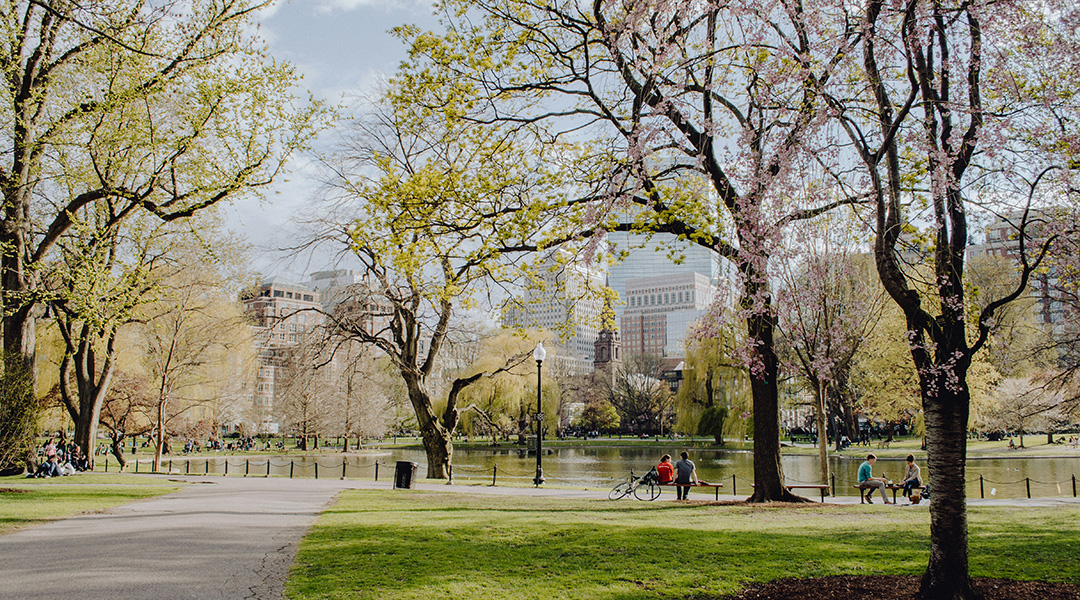
Scientists find evidence that nature boosts healthy food choices, revealing nature’s pivotal role in shaping positive dietary habits.